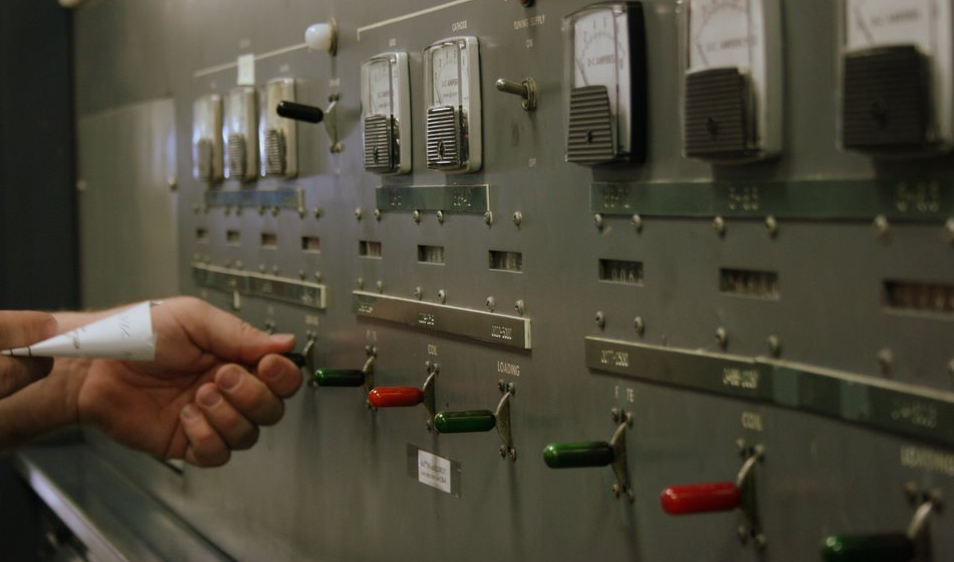Voice of Korea/KCBS (Assorted Recordings): 2022-2023
/Many thanks to SRAA contributor, Anthony Messina, who shares the following recordings and notes:
Broadcaster: KCBS Pyongyang
Date of recording:Various (2022-2023)
Frequency: Various frequencies
Reception location: Various locations
Receiver and antenna: KiwiSDR
Mode: AM
Notes: This is a collection of recent recordings I made of DPRK SW radio stations.








